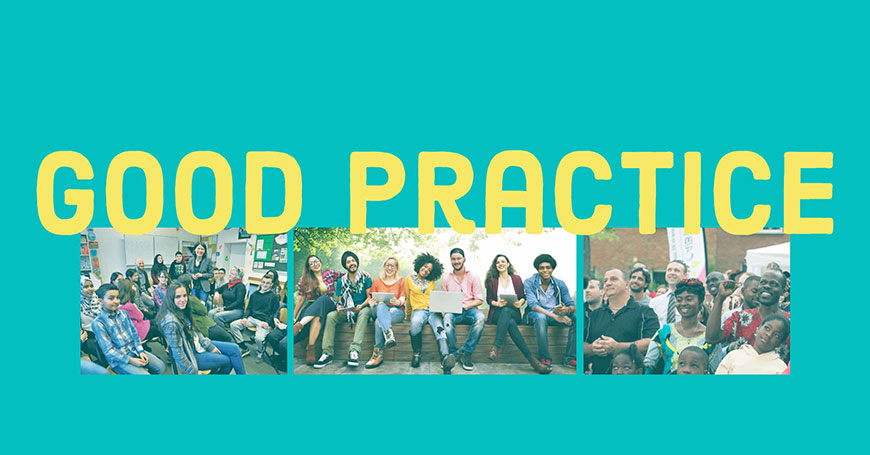Intercultural cities: good practice examples

The first step is the adoption (and implementation) of strategies that facilitate positive intercultural encounters and exchanges, and promote equal and active participation of residents and communities in the development of the city, thus responding to the needs of a diverse population. The Intercultural integration policy model is based on extensive research evidence, on a range of international legal instruments, and on the collective input of the cities member of the Intercultural Cities programme that share their good practice examples on how to better manage diversity, address possible conflicts, and benefit from the diversity advantage.
This section offers examples of intercultural approaches that facilitate the development and implementation of intercultural strategies.
The Diversity Lab
Purpose: The municipality launched the Diversity Lab programme to explore the advantages of cultural diversity, with reference to new plural economies and open innovation processes. An...
Auckland’s Research and Monitoring Unit
Purpose: Assisting policy development in Auckland through environmental, social, economic and cultural research. Stimulus/Rationale: The Research and Evaluation Unit, RIMU part of Auckland...
An ‘Integrated Area Plan’
Purpose: Auckland Council engages with South Auckland’s communities to prepare for future developments in their area. Stimulus/Rationale: When proposing a change, Auckland Council partners with...


